
In today’s rapidly evolving Web3 ecosystem, Know Your Customer (KYC) processes are both a regulatory necessity and a notorious pain point. For users, the experience of repeatedly submitting personal data to every new DeFi platform or allowlist is frustrating and risky. For projects, redundant KYC checks introduce operational drag, compliance overhead, and potential data liabilities. The emergence of onchain attestations for KYCed addresses is fundamentally changing this dynamic, offering a path to reusable, privacy-preserving identity credentials that can be verified across the decentralized landscape.
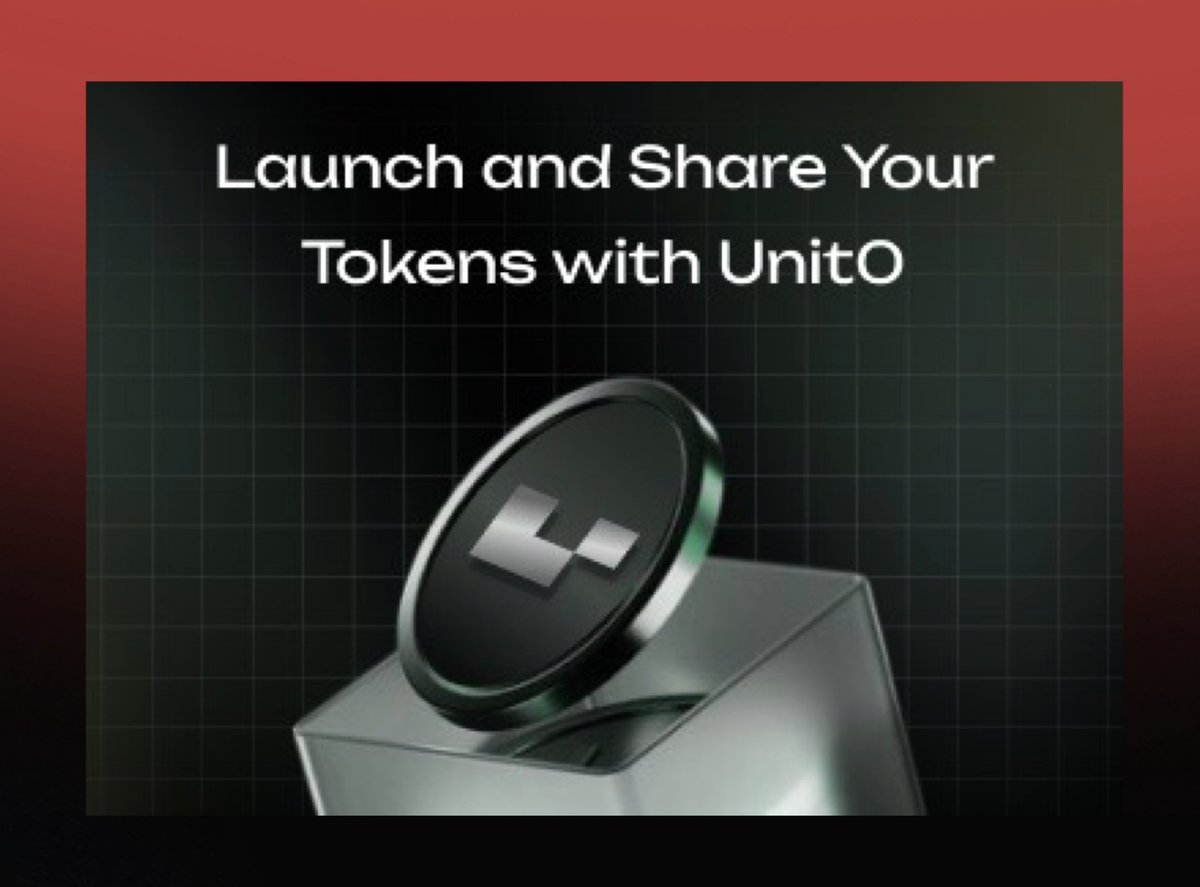
Why Repeated KYC Is Holding Web3 Back
Web3 projects are under increasing pressure to balance open access with robust compliance. Each token sale, NFT launch, or gated DeFi community typically requires fresh KYC checks, even for users who have already verified themselves elsewhere. This creates a fragmented experience that stifles growth and adoption. According to recent industry reports, user drop-off rates during onboarding can exceed 60% when KYC friction is high. The inefficiency is clear: users must trust multiple third parties with sensitive data, and projects must dedicate resources to verifying the same users over and over.
How Onchain Attestations Transform Digital Identity
Onchain attestations are cryptographic proofs, issued and recorded on blockchain networks, that confirm a user’s credentials, such as passing a KYC check, without exposing their personal information. These attestations are typically issued by trusted providers and can be verified by any dApp or smart contract. The latest generation of solutions, such as On-Chain KYC® 2.0, Attest Protocol, and OutDID, leverage zero-knowledge proofs and decentralized identity standards to ensure both privacy and portability.
Key Benefits of Onchain Attestations in Web3 KYC
-
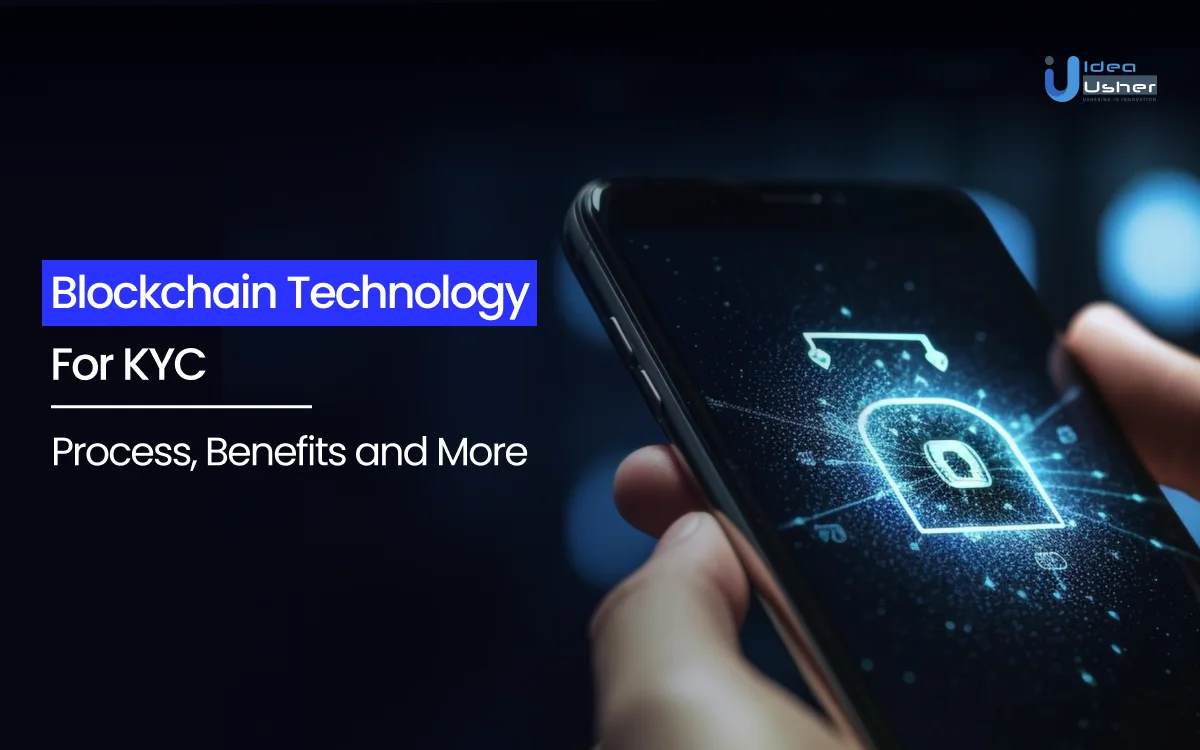
Streamlined User Onboarding: Onchain attestations allow users to complete KYC once and reuse their verified status across multiple DeFi projects and dApps, significantly reducing onboarding friction.
-
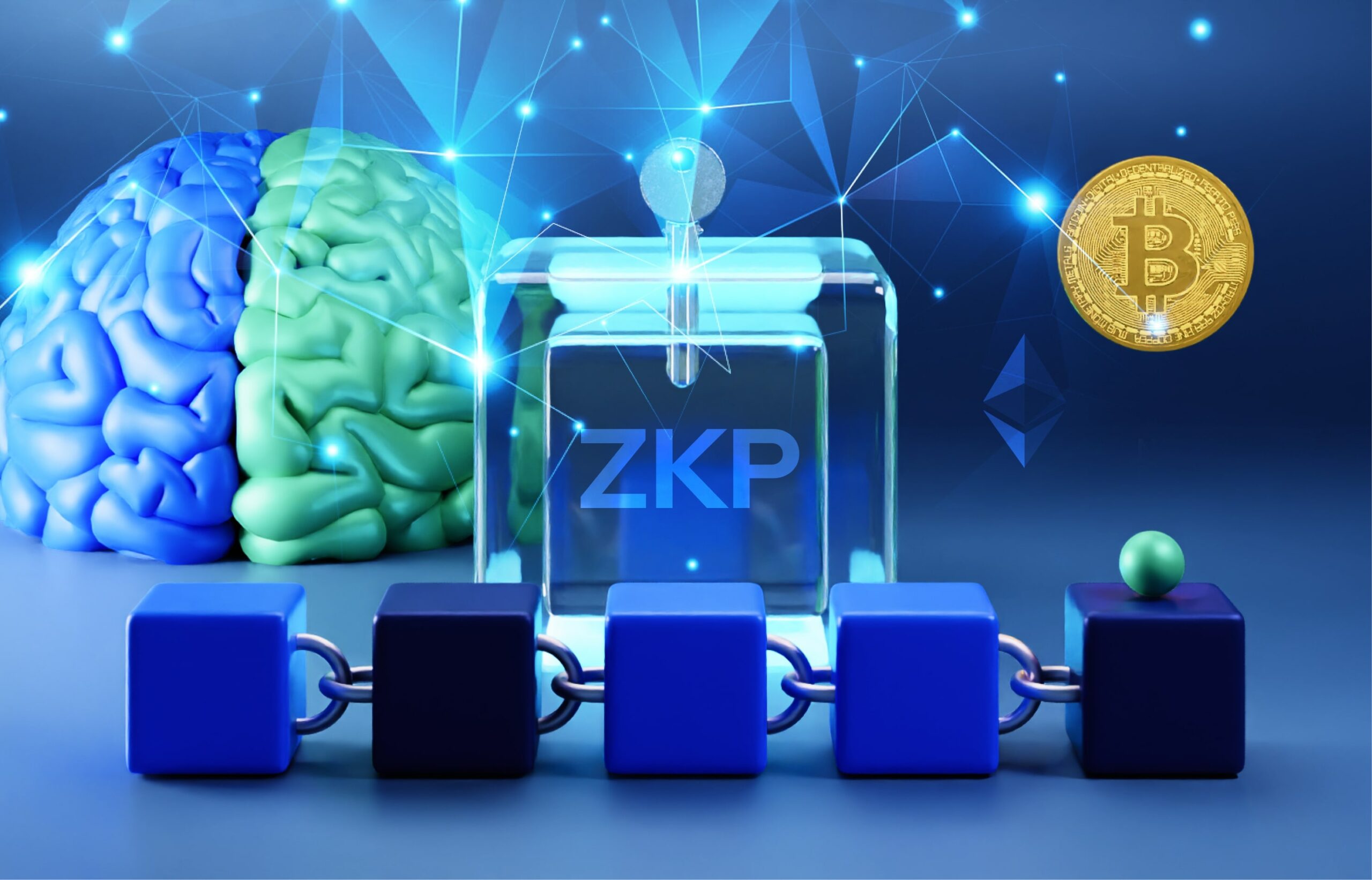
Enhanced Privacy Protection: Solutions like Blockpass On-Chain KYC® 2.0 and OutDID use zero-knowledge proofs and decentralized identity, enabling users to prove compliance without exposing sensitive personal data.
-

Regulatory Compliance Made Simple: Onchain attestations help DeFi projects and allowlist managers meet KYC and AML requirements efficiently, with verifiable, tamper-proof records on the blockchain.
-
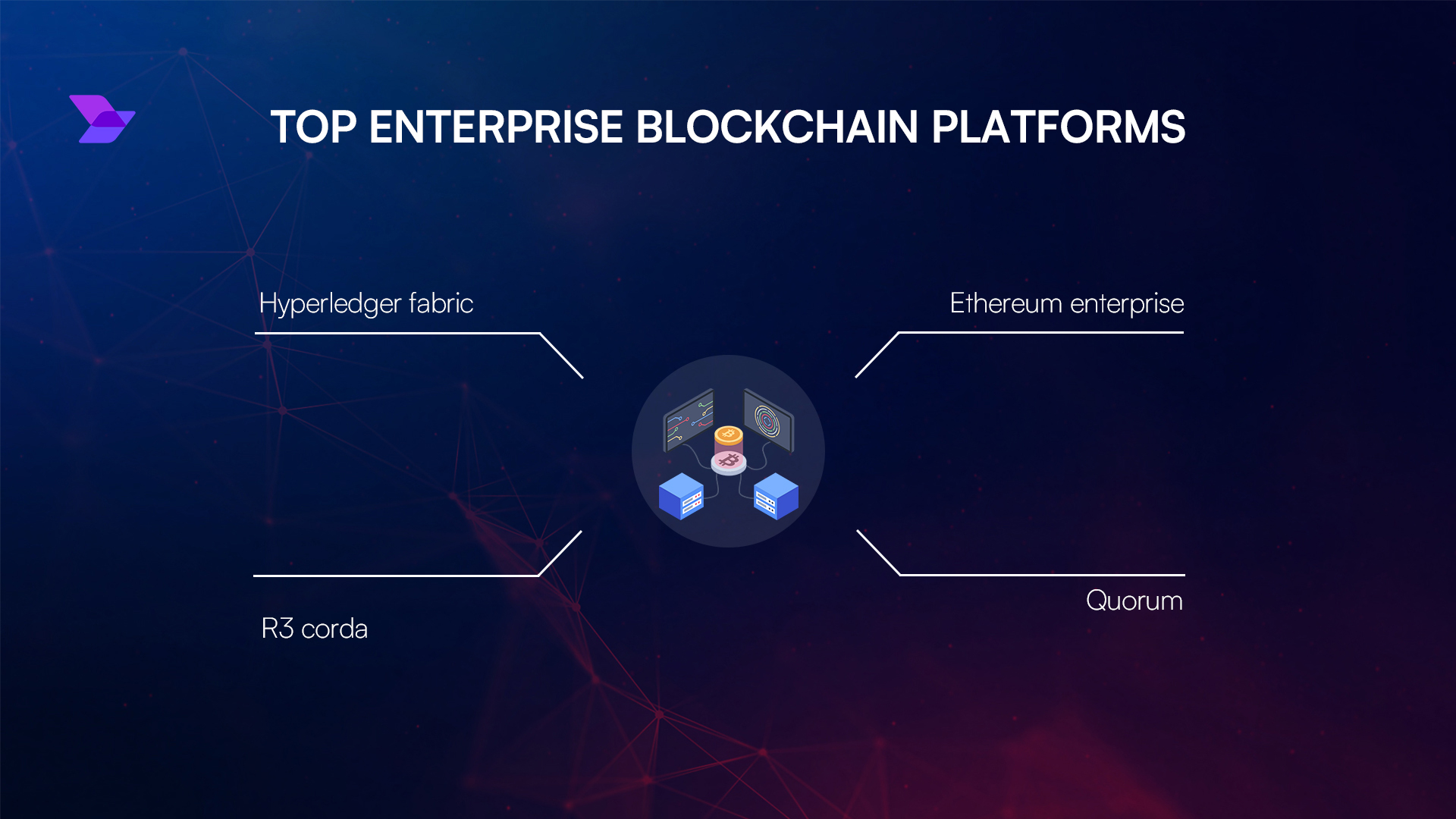
Operational Efficiency: By eliminating redundant KYC checks, platforms like Attest Protocol reduce administrative overhead, saving time and resources for both users and project teams.
-
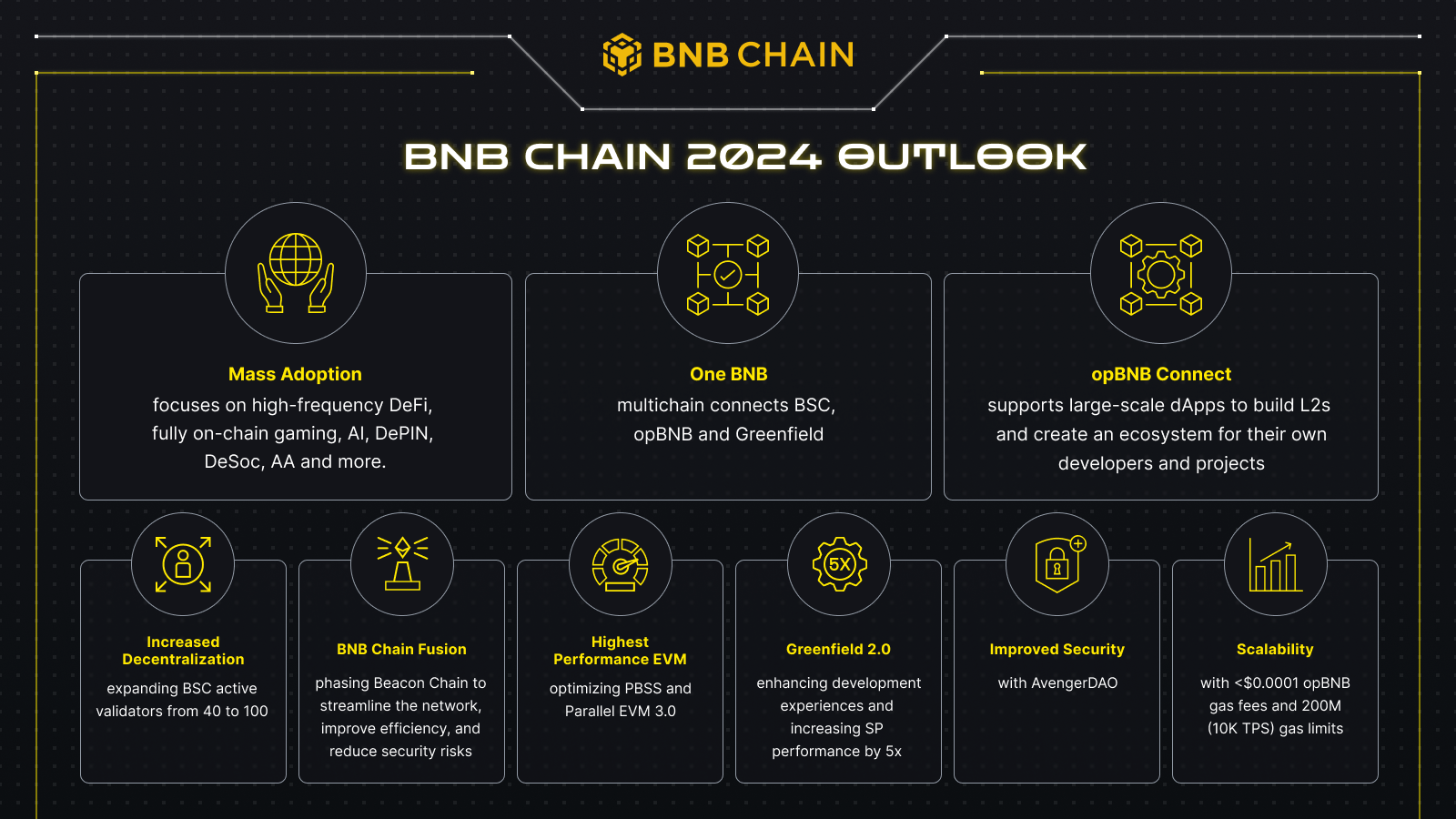
Interoperability Across Platforms: Partnerships such as Sumsub and Binance’s BNB Attestation Service enable users to turn verified credentials into reusable onchain attestations, granting seamless access to a wide range of Web3 applications.
The result? A user can complete KYC once with a reputable provider, receive an onchain attestation tied to their wallet address, and immediately access multiple platforms that recognize this credential. This approach not only streamlines onboarding but also drastically reduces the attack surface for data breaches, since personal data never leaves the original verifier.
Real-World Adoption: Platforms Leading the Change
The shift toward reusable KYC credentials on the blockchain is accelerating. Solutions like Attest Protocol allow developers to verify a user’s KYC status in a single line of code, while Blockpass’s On-Chain KYC® 2.0 empowers businesses to issue verifiable digital identities without handling end-user PII. Meanwhile, partnerships such as Sumsub’s integration with Binance’s BNB Attestation Service enable users to port verified Web2 credentials into reusable onchain attestations for seamless DeFi access.
This momentum is not limited to Ethereum; protocols like Solana Attestation Service (SAS) are bringing verifiable claims directly onchain for their ecosystems. These innovations are paving the way for a new era of decentralized compliance, one where privacy, efficiency, and interoperability are not mutually exclusive.
For allowlist managers and DeFi projects, the operational impact of onchain attestations is already measurable. Early adopters report onboarding times reduced by up to 80% and significant decreases in support tickets related to KYC issues. As the infrastructure matures, expect these efficiencies to become baseline expectations across the industry.
Privacy, Compliance, and the End of Data Silos
One of the most compelling aspects of onchain attestations for KYCed addresses is the shift in data control. Users no longer need to surrender sensitive documents to every platform they join. Instead, a single, cryptographically signed proof, often leveraging zero-knowledge technology, serves as their passport across Web3. This model not only reduces the risk of data breaches but also aligns with evolving global privacy standards.
From a compliance perspective, onchain attestations enable platforms to demonstrate robust KYC and AML controls without maintaining large stores of user data. Regulators increasingly recognize the value of cryptographic proofs for auditability and transparency, especially as more jurisdictions clarify digital asset requirements. For allowlist managers, this means streamlined workflows and a clear audit trail, without the liability of holding user PII.
Integrating Onchain Attestations: A Practical Checklist
Projects looking to implement these solutions should evaluate providers based on interoperability, privacy guarantees, and network support. Open standards, such as those promoted by Attest Protocol and Blockpass, ensure that credentials are portable across different chains and dApps. Integration guides are increasingly available, making it easier for teams to adopt best practices without deep cryptographic expertise.
For those building or managing allowlists, leveraging onchain attestations is no longer a nice-to-have, it’s becoming a competitive necessity. Not only can you reduce onboarding friction, but you can also attract a broader user base by supporting reusable, privacy-preserving credentials.
The Future: Seamless Web3 Onboarding and Global Access
The next wave of digital identity in Web3 is about composability and user empowerment. As more protocols standardize onchain attestation formats, users will gain unprecedented control over their credentials, opening doors to token sales, gated communities, and DeFi products worldwide with minimal friction.
This evolution supports both compliance and inclusion: projects can meet regulatory requirements, while users from underbanked regions gain access to global financial tools without repeated hurdles. The convergence of privacy tech, open standards, and cross-chain attestation services is set to redefine what it means to onboard in Web3.
For further insights on building secure allowlists with onchain-attested KYCed addresses, see our in-depth guide: Building a Secure Allowlist with Onchain-Attested KYCed Addresses.






